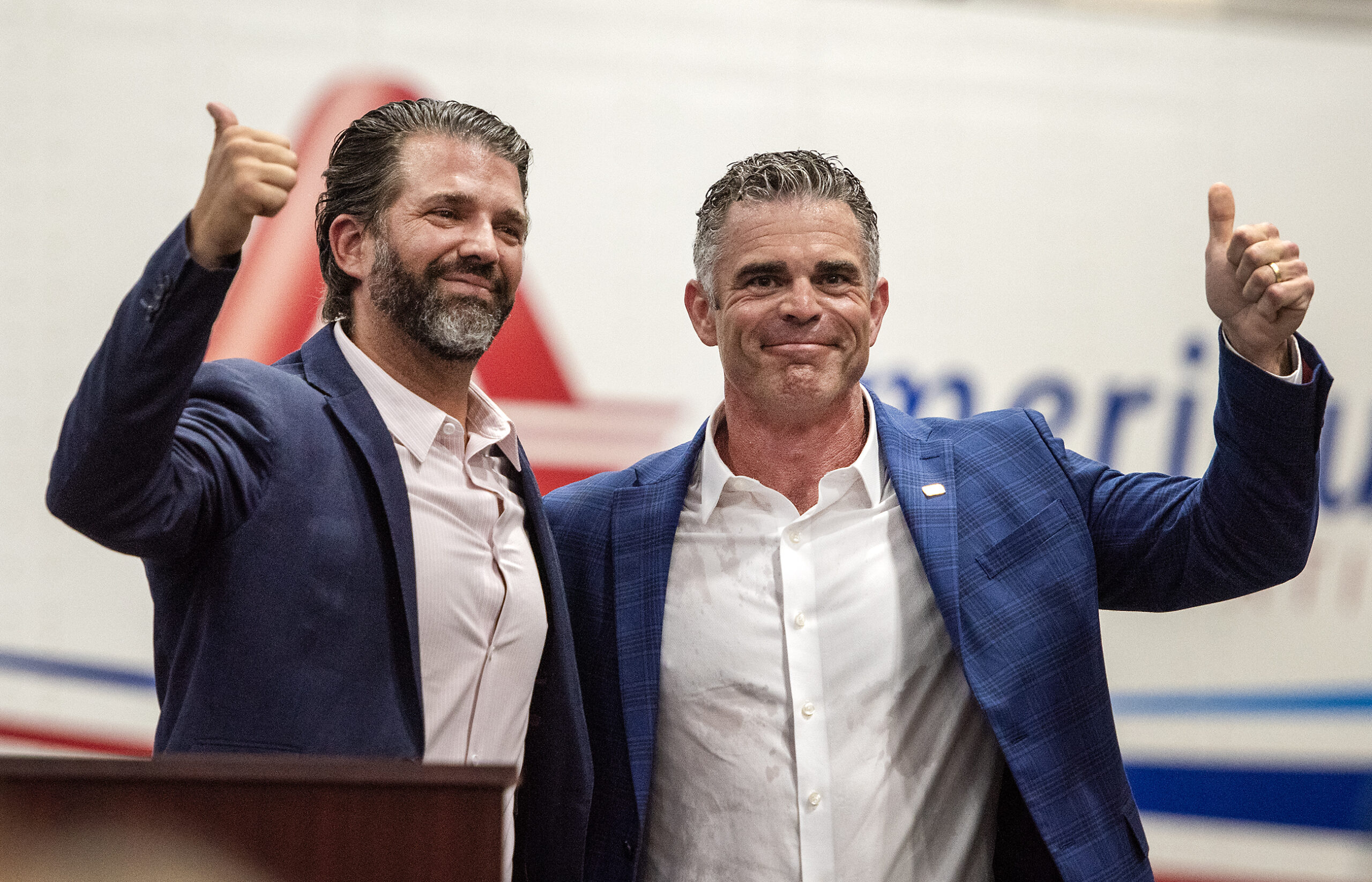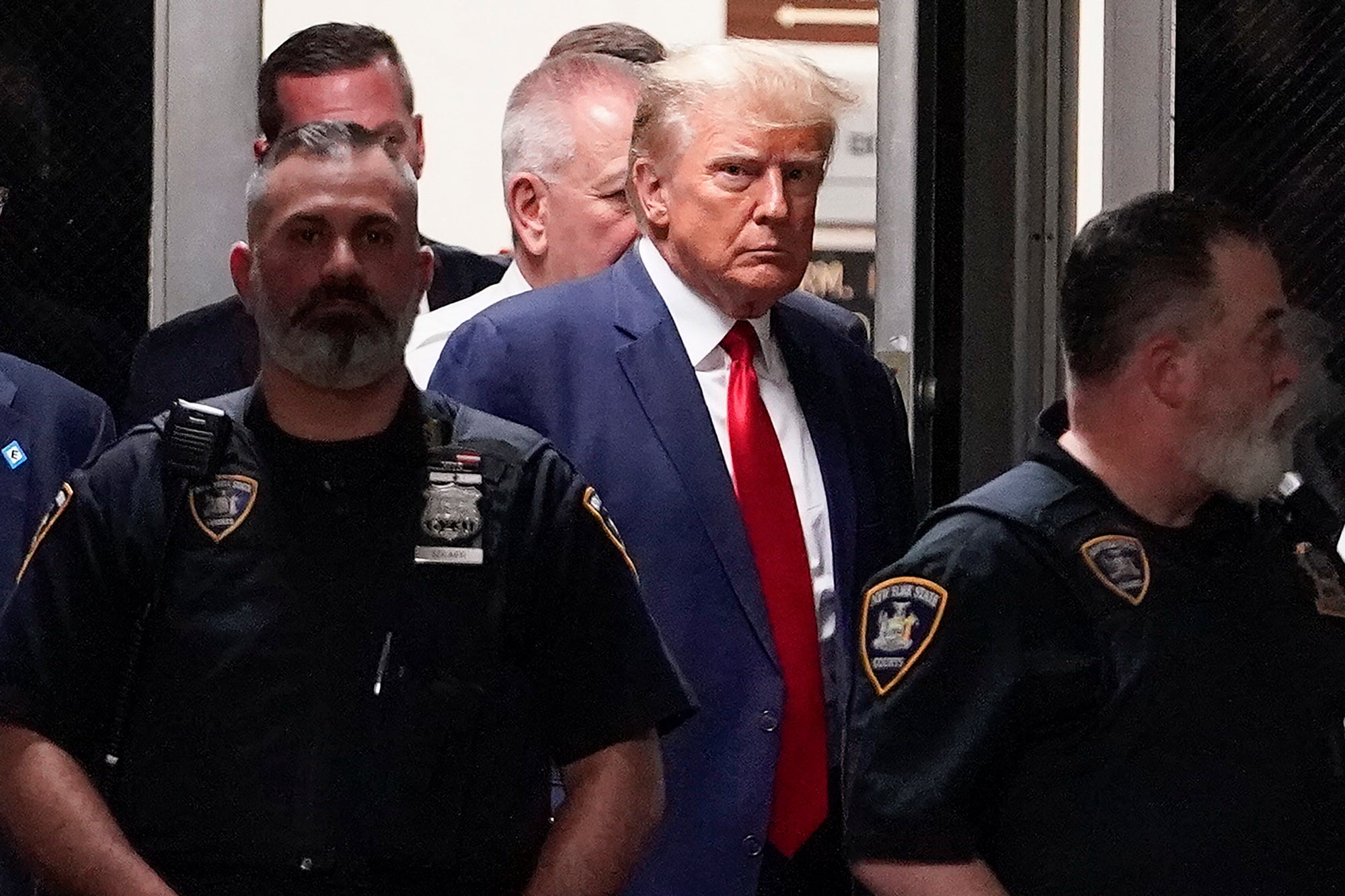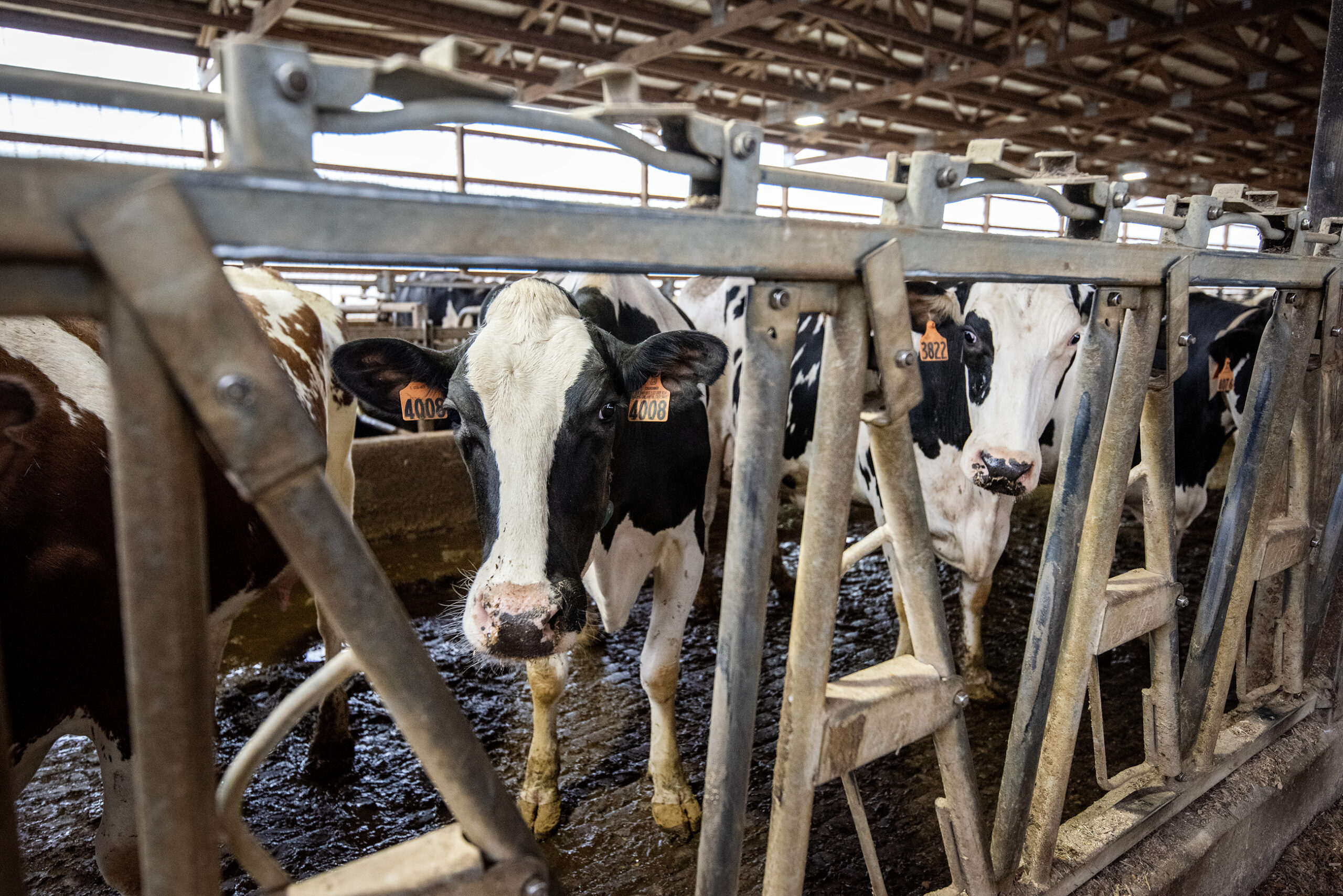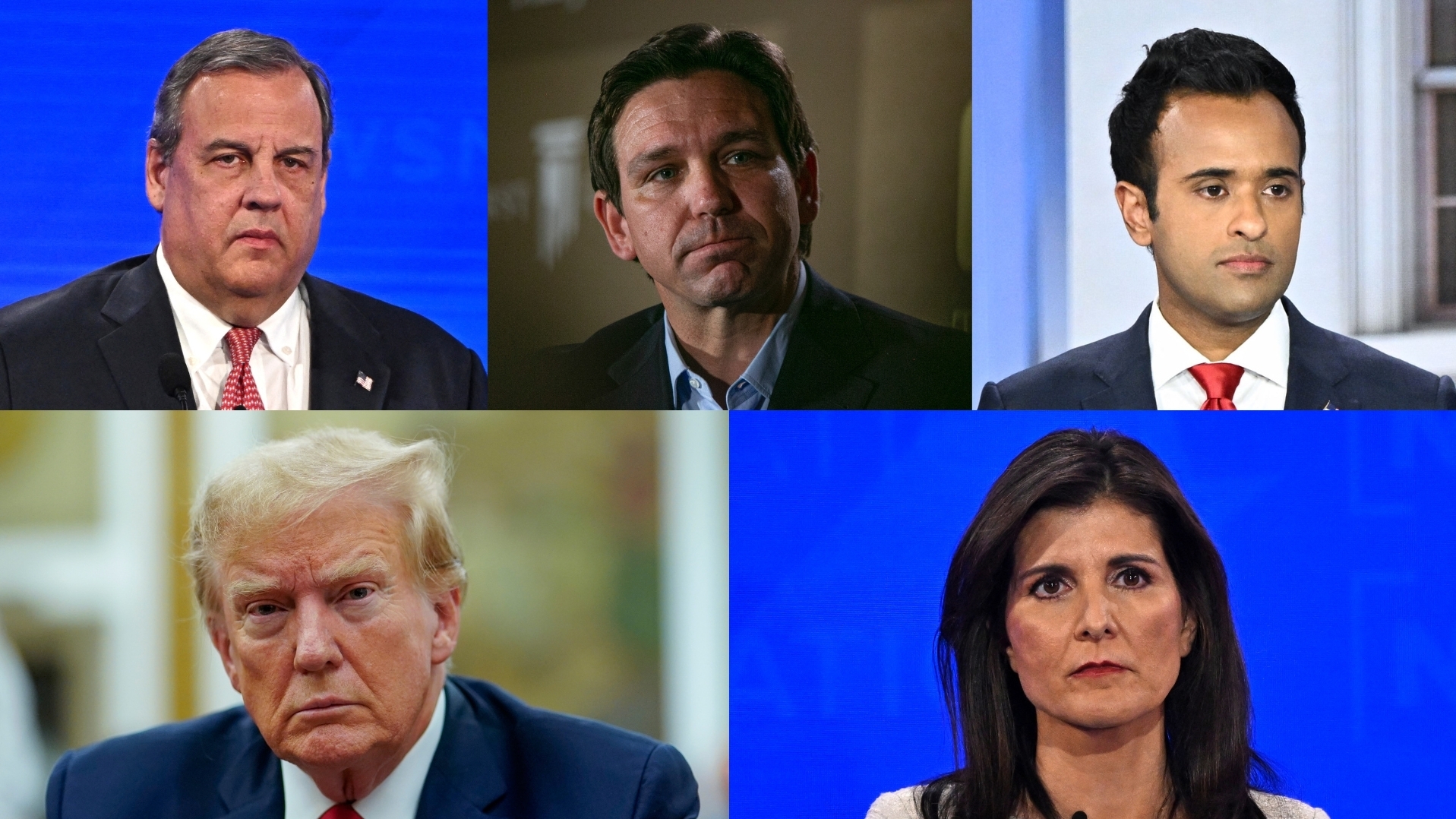House Speaker Paul Ryan and U.S. Sen. Ron Johnson are both speaking out against tariffs announced by President Donald Trump.
Both Ryan and Johnson said Thursday they fear the unintended consequences from the steel and aluminum tariffs Trump announced over objections from many fellow Republicans. Trump said he is fulfilling a campaign promise.
Canada and Mexico would be exempt from the tariffs. Ryan said he hopes Trump will continue to narrow the policy to focus only on countries that violate trade law.
Stay informed on the latest news
Sign up for WPR’s email newsletter.
Speaking to reporters in Atlanta, Ryan said he was glad Trump exempted steel and aluminum from Canada and Mexico.
“I think it was absolutely prudent and wise to exempt our allies in North America, particularly since we are in the middle of renegotiating NAFTA. Also, they’re a big part of our supply chain, with steel and aluminum,” Ryan said.
Johnson calls the tariffs a “very risky action” that could spark a trade war.
The tariffs of 25 percent on imported steel and 10 percent on aluminum “can really cause very serious unintended consequences,” Johnson said. He also said he fears that retaliation could hurt Wisconsin’s agricultural and manufacturing industries, putting jobs at risk.
Johnson said he expects the action, which is to take effect in 15 days, to be challenged in court.
Meanwhile, Democratic Sen. Tammy Baldwin is offering mixed reactions.
Baldwin said Thursday the tariffs send “a strong message to bad actors like China” but also called for Trump to exempt European trading partners and do more to “target China’s cheating.”
She said the best way to support Wisconsin workers is to enact strong buy-American standards like she’s supported and renegotiate a better deal on the North American Free Trade Agreement.
Wisconsin Public Radio, © Copyright 2024, Board of Regents of the University of Wisconsin System and Wisconsin Educational Communications Board.





